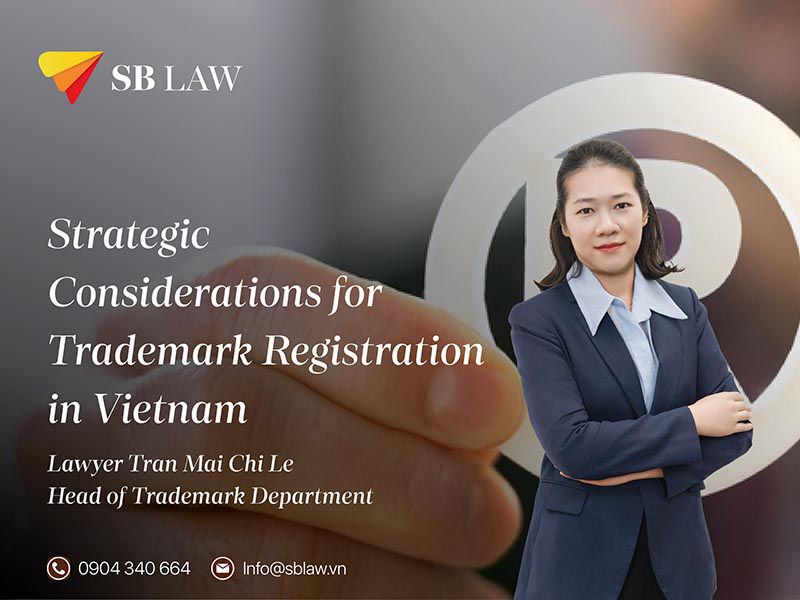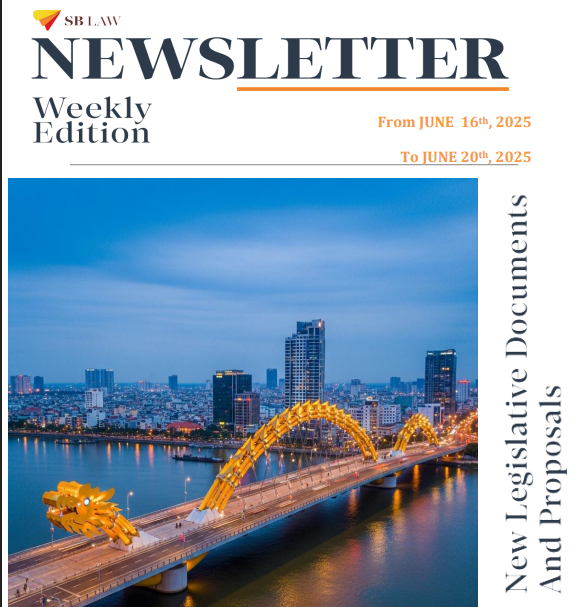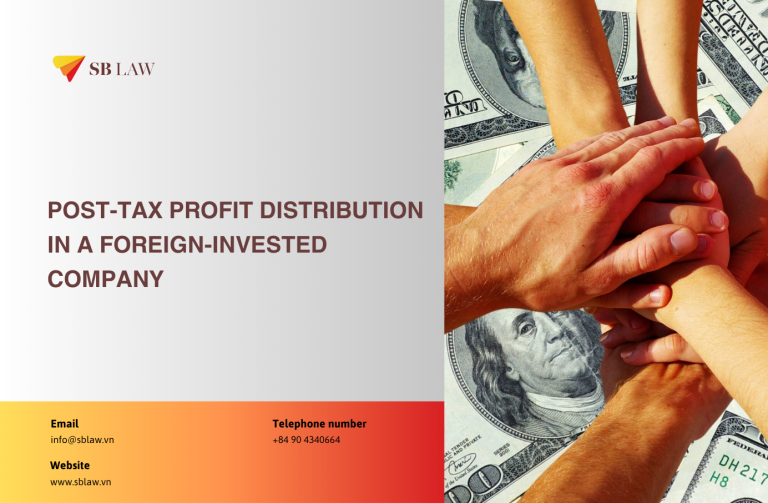SBLAW - Enterprises in Vietnam face significant challenges when navigating the trademark registration process, particularly concerning the lengthy timelines involved. The licensing process for trademark registration at Intellectual Property Office (IPVN) has recently faced criticism for its extended durations.
Strategic Considerations for Trademark Registration in Vietnam
Enterprises report that it may take 3-4 months to complete the formality examination stage, with the entire registration process lasting 2-4 years. These delays pose substantial obstacles for enterprises seeking to enforce their plans to launch products and services to the market.
In this scenario, one of the regular questions raised by trademark applicants in Vietnam is what they should opt to file a multiple class trademark application or single class trademark applications to optimize their IPR Protection plan?

Filing for a multiple class trademark registration can still be a strategic move for enterprises aiming to safeguard their brand across various goods and services. However, when faced with the challenge of potentially confusingly similar marks in certain classes, a careful approach is crucial to mitigate risks and optimize the chances of successful registration. In such cases, enterprises are highly recommended to consider separating the multiple trademark application into several single-class trademark applications.
While this option may entail slightly higher initial expenses for following up trademark registration in Vietnam, it offers numerous advantages that can significantly outweigh the costs in the long run.
(a) Shorter Substantive Examination Time:
- Single-class applications typically undergo examination within 1 to 2 years in Vietnam, while multi-class applications can extend the process to 3 to 4 years due to potential complexities.
- The current examination process at IPVN is time-consuming, partly due to a high volume of applications and infrastructure limitations. Thus, separating applications by class can expedite the examination and reduce the risk of delays and associated costs.
(b) Enhanced Precision in Examination:
- Isolating each class allows IPVN examiners to thoroughly evaluate the registration possibility, leading to more accurate assessments and targeted responses to potential refusals.
- This approach enables enterprises to navigate the registration process more effectively by addressing specific issues within each class, minimizing the likelihood of broad refusals.
(c) Improved Chances of Successful Registration:
- Single-class applications offer flexibility in responding to refusals, as adjustments or arguments can be tailored to the affected class without jeopardizing the entire application.
- In contrast, multi-class applications face higher risks, as refusals in one class can lead to rejection of the entire application, necessitating complex and costly remedies.
By strategically navigating the trademark registration process in Vietnam and seeking professional guidance from experienced Intellectual Property Agencies, enterprises can protect their brands effectively while minimizing risks and optimizing resources for sustainable growth and success.
Read more >> Vietnam Trademark Registration




